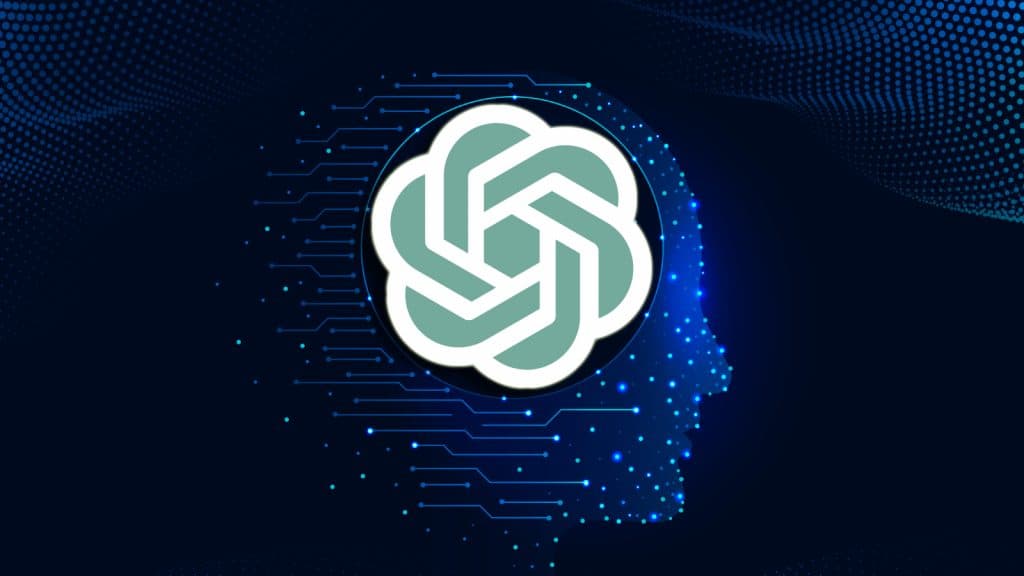A new study conducted by researchers at MIT has revealed that using ChatGPT can have concerning results on one’s brain.
AI has come a long way, given that it now serves as a tool in many people’s day-to-day lives. We’ve even seen a student pulling his laptop out to reveal he had used ChatGPT during projects right during his graduation without hesitation.
In another scenario, someone even straight-up programmed the AI tool to become his girlfriend, proposing to ‘her’ despite having a real-life partner. The list of examples of ChatGPT affecting lives just keeps growing.
While it’s true that using the tool to ask questions and for advice can be handy, researchers have revealed that using ChatGPT can negatively impact the brain’s critical thinking skills.
New study suggests using ChatGPT could be harmful to the brain
The study led by researchers at MIT, had 54 students divided into three different groups before asking them to write essays. Some were told to use ChatGPT, others just the Google search engine, while the last group had no help at all.
Relying on ChatGPT isn’t ideal for the brain, according to a new study.
By using electroencephalograms (EEGS), researchers were able to record the brain activity of each participant, thus discovering which group had the lowest brain engagement, which was none other than those who used ChatGPT.
During the study, researchers discovered that those relying on this AI tool “consistently underperformed at neural, linguistic, and behavioral levels.”
The study also explained that “some ‘human thinking’ and planning” was offloaded due to reduced activity in parts of the brain associated with memory and learning.
Not only that, the findings claimed that over the course of several months, those who used ChatGPT got lazier with each essay, and it got to the point where they would resort to just copying and pasting by the end of the study.
Following this, the paper’s main author said: “It was more like, ‘Just give me the essay, refine this sentence, edit it, and I’m done.”
Compared to the Brain-only group, there’s a significant gap in the results. It’s reported that this group had higher satisfaction and demonstrated higher brain connectivity compared to the others. Meanwhile, the group that used Google had resulted in having moderate brain engagement.
As for the ones that used AI, essays written by those in this group were described to carry a “lesser significance or value” as they “spent less time on writing, and mostly failed to provide a quote from their essays.”
Content shared from www.dexerto.com.

